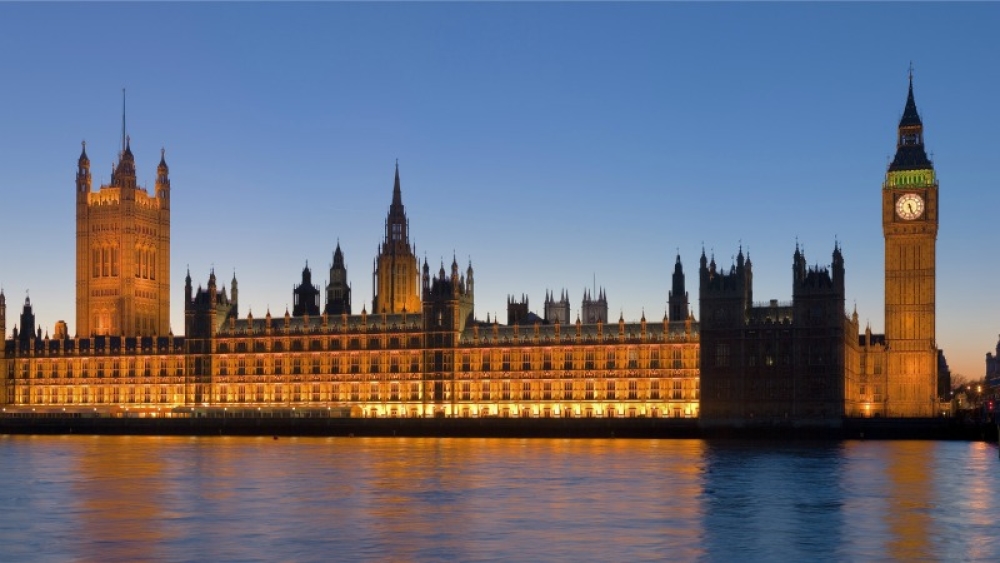Trustees must take responsibility for actions of charities, say MPs
25 Jan 2016

Trustees must take responsibility for charity fundraising, and the Information Commissioner should have the power to enforce laws protecting use of personal data, say MPs in a new report
Commons Public Administration and Constitutional Affairs Committee (PACAC) say the failure of trustees to fulfil their responsibilities caused the series of scandals that engulfed the charitable sector over 2015.
In addition, they say the Information Commissioner should be given powers proposed in 2008 but never enacted, that would give it the power to enforce laws that protect personal data.
MPs echo what many other commentators have said, that the proposals in the Etherington review into chritable fundraising remains the “last chance” for self-regulation of charity fundraising, but warned the Etherington proposals did not go far enough.
The Committee say that if the trustees fail to put their house in order, statutory regulation must follow.
Bernard Jenkin MP, Chair of PACAC, said: “This sorry episode has damaged the reputation of charities across the board, including those who have behaved properly, and hindered their ability to raise essential funds.
"This is the last chance for the trustees of charities, who allowed this happen, to put their house in order. Ultimately, the responsibility rests with them. No system of regulation can substitute for effective governance by trustees," he said.
While the Committee welcomed the Government’s acceptance of the Etherington review, it says that those proposals do not go far enough.
Greater transparency in annual reports about fundraising is “no more than a means to an end”, they said.
The Committe said that stronger regulation is no substitute for the change of attitudes and behaviour needed from trustees.
Bernard Jenkin said, "All the chief executives of the charities that gave oral evidence to us admitted that they did not scrutinise fundraising by sub-contractors enough. The only possible conclusion is that, by failing in this responsibility, trustees were either not competent, or wilfully blind to what was being done in their names.
“Trustees already have all the powers they need: they must have the right skills, information and attitude to prevent this kind of poor and sharp practice happening again. Government must monitor the sector and not hesitate to use its reserve powers if needs be, but it would be a sad and inexcusable failure of charities if statutory regulation becomes necessary," he said.
The Committee made the following points:
-
The Charity Commission should gain a higher profile and be more proactive to ensure the new system works, holding public hearings into subjects such as fundraising in the future. The Government should give the necessary legal powers.
-
The new Fundraising Regulator should be made accountable to the Charity Commission, and the Chair of PACAC has tabled amendments to the Charities (Social Protection) Bill (Lords) to this effect.
-
The Commission should act as guarantor of the regulation of fundraising, ensuring that regulators (like the new fundraising regulator and the Information Commissioner) cooperate with each other and that trustees understand their duties.
-
Trustees, the Commission and the new regulator should assist the sector in developing a more ethical fundraising culture, and to make sure that these bad practices are not tolerated in the future.
-
The new regulator should consult representative groups for vulnerable people to examine how they can update the code of practice on fundraising and ensure that the vulnerable are not targeted by unscrupulous fundraisers. The new regulator should make it clear that trustees are responsible for ensuring their charities apply the code.
-
The new regulator should quickly establish a public profile and more proactive approach than its predecessors, and should both seek out, and encourage the public to report, dubious practices
-
The Government should monitor the sector to ensure that it uses its reserve powers under the Charities Act when appropriate.
-
The Government should immediately bring into force legislation made in 2008 but never yet implemented, that would allow the Information Commissioner to enforce laws protecting use of personal data
-
The Charity Commission and the Government should consider how to monitor donations from overseas, so that authorities are aware of charities in receipt of funds from potentially harmful sources
Please login to comment.
Comments